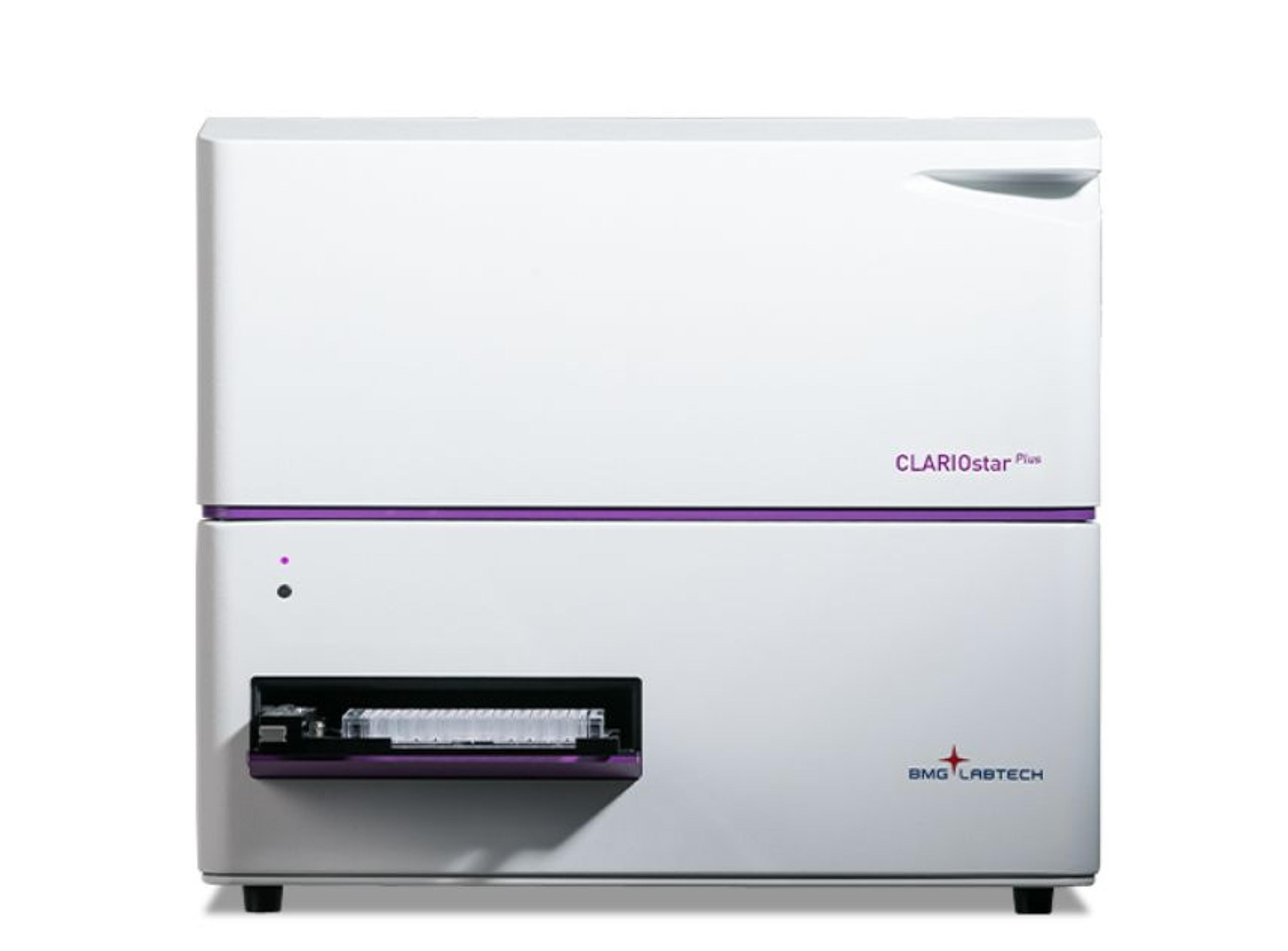World’s First In Vitro Reproduction of Hypoxia and Ischaemia Conditions Within a Microplate Reader
BMG LABTECH reports successful development of new technology which allows reproduction of disease-specific settings in live cell-based assays
14 Aug 2017
BMG LABTECH have developed a new gas ramping function that can fully manipulate the environment within a microplate reader, by mimicking in vitro hypoxia and ischaemia/reperfusion. Equipped with this unique feature, the CLARIOstar® with Atmospheric Control Unit (ACU) is the first plate reader that is able to rapidly return to physiological gas conditions upon active modification of oxygen (O2) and carbon dioxide (CO2) tensions within the reader, reproducing disease-specific settings in live cell-based assays. The use of conditions that resemble as close as possible physiological or pathological conditions results in more reliable in vitro data that better translate to in vivo situations.
Hypoxia and ischaemia/reperfusion are often related to life-threatening diseases. Reduced O2 and nutrient supply due to impaired blood flow occurs during stroke, myocardial infarction, shock, atherosclerosis and cancer. Investigating these changes in vitro requires an experimental set-up capable of rapidly re-oxygenating (to mimic reperfusion), and to monitor in parallel critical biological parameters.
The CLARIOstar with ACU was engineered to not only provide stable atmospheric O2 and CO2 tensions, but also to make O2 deprivation and re-oxygenation possible. The new feature offers the capability to run O2 and CO2 gas ramps. For instance, the CLARIOstar with ACU can deprive O2 and then quickly re-oxygenate back to physiological conditions, keeping meanwhile steady CO2 levels. This capability enhances live cell-based assays, by reproducing disease models such as ischaemia/reperfusion or tumour hypoxia in vitro in a microplate reader.
The CLARIOstar is one of BMG LABTECH’s powerful multi-mode microplate readers. It is the only device with BMG LABTECH’s innovative LFV momochormatorsTM which provide significantly higher sensitivity and flexibility than conventional monochromators. Moreover, temperature control, three different shaking options, bottom reading detection, and Z-height focus adjustment makes it the ideal reader for any long-term cell-based assay.
The gas ramping function was developed within the MetaCellTM project and is now available on the market. The MetaCellTM consortium consists of three leading European technology SME’s (BMG LABTECH, Luxcel Biosciences and Axio Genesis) and two internationally recognized research institutions (Oxford University and Imperial College London). The aim of the MetaCellTM project is to develop a cell-based assay platform for metabolism analysis in preclinical discovery and development.

